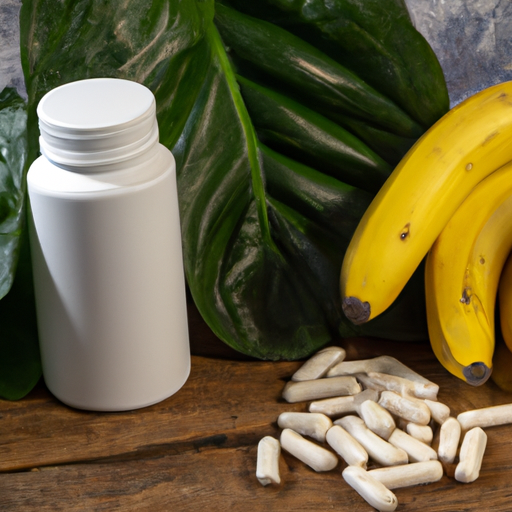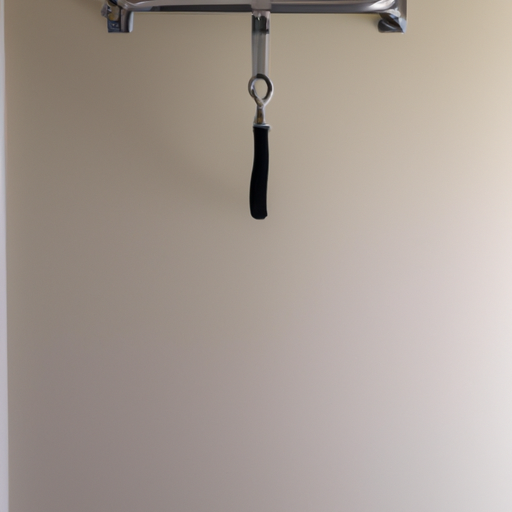
The Role of Magnesium in Muscle Recovery
When it comes to fitness and muscle recovery, we often hear about the big "P" players—protein, potassium, and patience. But, there’s one mineral that deserves a standing ovation: magnesium. It's not just your muscles’ best friend; it’s practically their superhero. Let's dive into why magnesium is your go-to fitness supplement for muscle recovery.
Magnesium: The Underestimated Mineral
Magnesium is essential for over 300 biochemical processes in the body. That's right—three hundred! It's the Swiss Army knife of minerals, and yet, many people are only vaguely familiar with it.
- Muscle Function: Magnesium helps modulate muscle contractions, ensuring your muscles aren't throwing unwanted temper tantrums post-workout.
- Energy Production: When you're grinding out those deadlifts, magnesium converts nutrients into energy. No magnesium, no energy—it's basic math!
- Nerve Function: Magnesium supports proper nerve signaling, helping you avoid awkward moments at the gym like unplanned dance moves during a squat.
Why Magnesium is Crucial for Muscle Recovery
Ever woke up and thought, "Did I exercise or was I hit by a truck?" Those achy muscles are calling out for magnesium.
- Reduces Muscle Soreness: Magnesium plays a role in relaxing overworked muscles, helping to tame soreness, making it one of the top fitness supplements for those grueling gym days.
- Prevents Cramping: Feeling like a pretzel with unexpected cramps? Magnesium ensures muscle relaxation, reducing risks of cramps.
- Improves Flexibility: By aiding muscle relaxation, magnesium enhances flexibility which can be your savior during yoga sessions.
How to Incorporate Magnesium into Your Routine
Now that you’re sold on magnesium’s superpowers, it’s time to work it into your laps, circuits, and planks. Here's how:
- Magnesium-Rich Foods: Incorporate leafy greens, nuts, and seeds into your diet. Say yes to almonds, spinach, and, surprisingly, dark chocolate!
- Supplements: Add magnesium supplements to your daily regimen, especially if your diet lacks this mighty mineral.
- Epsom Salts Bath: Dissolve Epsom salts—high in magnesium—into a warm bath post-workout to relax muscles and reduce soreness.
Magnesium’s Impact on Fitness Supplements
Think of magnesium as the sidekick that doesn’t get its well-deserved spotlight but is critical to your storyline. In the realm of fitness supplements, magnesium shines by:
- Enhancing Performance: Magnesium aids in the repair of cells and energy production, improving your endurance and performance during workouts.
- Boosting Recovery: As we’ve established, magnesium reduces soreness and speeds up recovery time, allowing you to hit the gym faster than your muscles can complain.
Don't Overdo It: Balancing Magnesium Intake
As magical as magnesium is, even the best workout friends need boundaries. Too much of it can have you trotting, not running (if you catch our drift).
- Recommended Dosage: The RDA (Recommended Dietary Allowance) suggests 400-420 mg for men and 310-320 mg for women daily.
- Avoiding Overdose: Too much can lead to digestive discomforts, so stick to the recommended intake unless advised otherwise by a healthcare provider.
Conclusion: Embracing Magnesium in Muscle Recovery
As you embark on your muscle-building journey, give magnesium a round of applause for its muscle recovery magic. Incorporate it wisely into your routine, making sure it suits your individual health needs. With magnesium on your fitness team, muscle soreness becomes less of a cumbersome foe and more of a fleeting inconvenience.
Remember, the road to recovery doesn’t have to be sore—just add magnesium, and let the healing begin!
